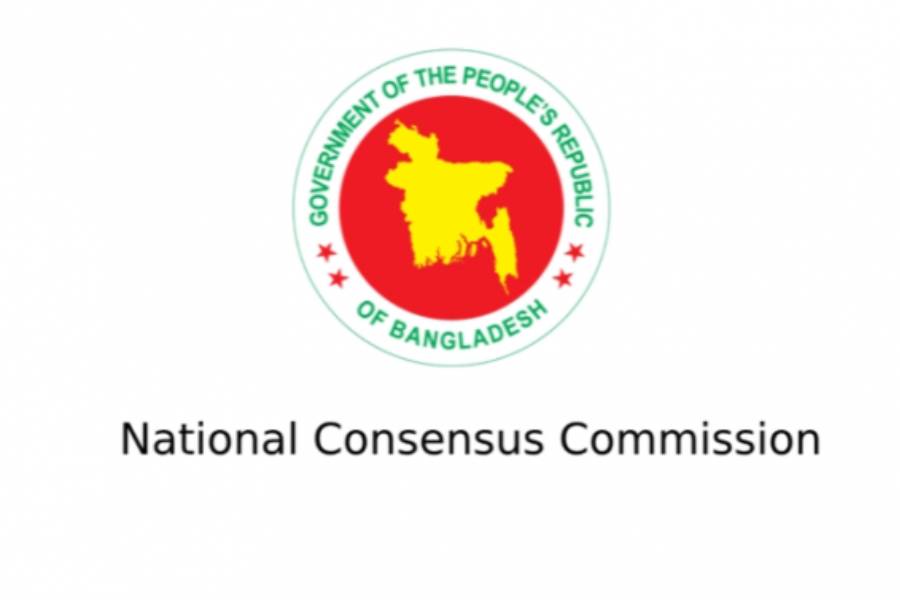
Published :
Updated :

The National Consensus Commission has handed over its set of recommendations for implementing the July National Charter to the Chief Adviser.
This much-talked-about charter is the outcome of months of sincere effort by a group of dedicated people — and they deserve appreciation for that.
However, after the publication of the recommendations for implementing the charter, new divisions have started to surface amid the scrapping of the ‘Note of Dissents’ of the political parties from the charter by the Commission.
“We believe that, to uphold national unity, the activities of the Consensus Commission should continue until all political parties, civil society members, and other stakeholders can reach an agreement”, 53 eminent citizens said in a press release.
"In many other countries, we see that constitutional reforms often take years of discussion.
Considering the current crisis, we think such an approach would be appropriate for Bangladesh as well.
According to media reports, disagreements have arisen over whether to remove the “Note of Dissent” from the reform proposals related to the July Charter.
We think it is unrealistic to expect that all parties will agree on every issue within the commission’s discussions."
Therefore, detailed debates on the points of dissent should take place both inside and outside the Parliament after the upcoming national election.
Only through continued dialogue can a meaningful consensus be achieved, according to the release.
In this regard, the commission could consider extending its current 270-day (nine-month) timeframe to two years or another reasonable duration.
"We believe the Constitution represents a nation’s identity and unity. To preserve the integrity and dignity of the Constitution and Parliament, national unity is essential. Excluding the “Note of Dissent” may risk undermining that unity.
If constitutional reforms are rushed through without resolving the objections raised by political parties, it could deepen divisions and create a prolonged political crisis in Bangladesh."
At the same time, if the parties that participated in the July Uprising fail to stay united, it could create opportunities for the exiled autocrat and his allies to regroup — potentially jeopardizing the referendum or national election intended to implement the Charter, the release said.
"Finally, we think the commission should consider involving writers, thinkers, activists, and other civil society representatives in its process. The inclusion of non-political voices could play a key role in bridging the gap among political parties.
The future of Bangladesh, freed from the autocratic rule of the Awami League through the July Revolution, now depends on the unity of all parties and opinions.
We urge the National Consensus Commission to give this the highest priority."
Signatories include Kajal Shahnewaz, poet, Zahed Ur Rahman, teacher and political analyst, AR Raji, Professor, University of Chittagong, Golam Sarwar, Professor, Department of History, University of Rajshahi, Amirul Islam, Professor, Department of Folklore, University of Rajshahi, Mostafa Nazmul Monsur Tamal, Professor, Jahangirnagar University, Aminul Islam, Professor, University of Rajshahi, Abul Fazal, Professor, Khulna University, Mostafa Kamal Polash, meteorologist, poet and journalist Salahuddin Shuvro, among others.


 For all latest news, follow The Financial Express Google News channel.
For all latest news, follow The Financial Express Google News channel.